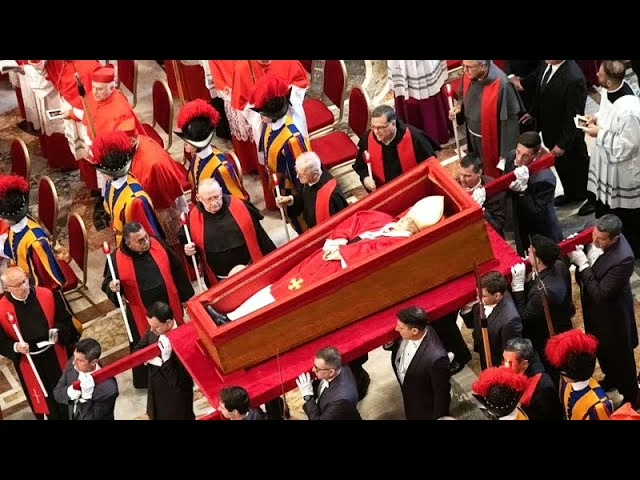By: Bayero Ade
Former Minister of Youth and Sports, Solomon Dalung, has drawn criticism for his recent statement dismissing road construction in the Federal Capital Territory (FCT) as insignificant to development. Lere Olayinka, Senior Special Assistant on Public Communications and New Media to FCT Minister Nyesom Wike, condemned the remarks in a statement on Friday, describing them as baseless and reflective of a misguided perspective.
According to Afripost, Dalung’s comments, made during a live television interview, suggested that road construction does not contribute to the general well-being of Nigerians, particularly because “many citizens do not own vehicles.” Olayinka countered, emphasizing that such reasoning ignores the broader developmental impact of improved infrastructure on communities and the economy.
He pointed to several ongoing road projects under Wike’s leadership, including the Saburi–Dei Dei Road, 5km Dutse-Usuma Dam Road, and 25km Kwaita/Yebu Road, which aim to enhance connectivity and development in FCT satellite towns. Olayinka questioned Dalung’s logic, asking, “Does he think these projects serve no purpose simply because some people don’t own vehicles? What about their impact on local businesses and community development?”
The aide also referenced Dalung’s controversial tenure as Minister of Youth and Sports, criticizing his handling of key events. For instance, during the Super Falcons’ delayed allowance saga in 2016, Dalung reportedly claimed that no preparations were made because “nobody knew the team would win.” Similarly, during the Rio Olympics, he dismissed the struggles of the Under-23 soccer team by saying, “Who took them there? What are they there for?”
Olayinka argued that such a track record of dismissive statements reflects a lack of understanding of governance and development. He concluded by urging those close to Dalung to address what he described as signs of declining mental clarity. “Rather than take his comments seriously, the focus should be on ensuring he receives the help he appears to need,” Olayinka stated.
The exchange has reignited debates over the role of infrastructure projects in national development and the importance of constructive criticism in governance.











Leave a Reply